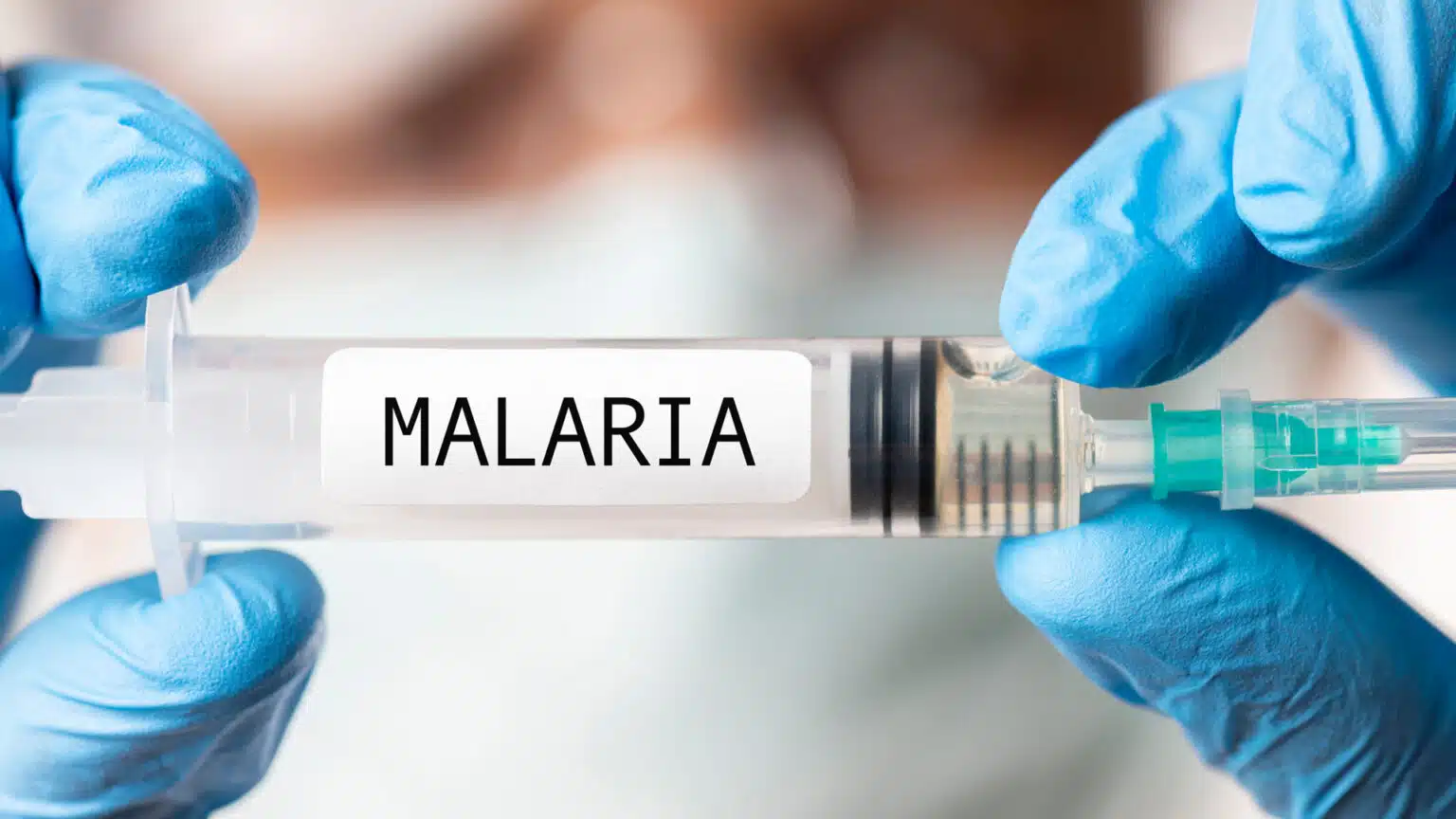A novel malaria vaccine that has been dubbed a “worldchanger” by the researchers who created it, Ghana is the first nation to approve it.Contrary to other attempts in the same field, the vaccination, known as R21, seems to be extremely successful.
The final trial data on the vaccine’s safety and efficacy, which has not yet been made public, was evaluated by Ghana’s drug authorities, who then opted to use it. The vaccine is also being considered for approval by the World Health Organization.
Ghana’s approval of the malaria vaccine has been hailed by health experts as a major breakthrough in the fight against the disease. With the vaccine showing promising results in clinical trials, there is hope that it will prove to be a game-changer in the fight against malaria and pave the way for similar vaccines to be developed and approved in the future.
Table of Contents
The deadly disease
The majority of the 620,000 people who die from malaria each year are very young toddlers. The majority of tropical countries are affected by the deadly disease malaria. Both prevention and treatment are possible. However, if prompt diagnosis and effective treatment are not given, a simple case of malaria can progress into a severe form of the sickness, which is commonly fatal without treatment.

Malaria cannot be transmitted from person to person and is only transmitted through the bites of female Anopheles mosquitoes. Plasmodium falciparum, which is spread by mosquitoes, is what causes the illness. A significant, century-long scientific effort has gone into creating a vaccination that guards against the malaria parasite.
Vaccine to the rescue
The R21 vaccine was up to 80% effective, according to trial results from early studies in Burkina Faso, when administered as three initial doses and a booster a year later. However, the success of a larger experiment involving close to 5,000 youngsters will determine how widely the vaccine is used.

These have yet to be properly released, despite being anticipated to occur towards the end of last year. However, several African governments and scientists have had access to them.
The use of the vaccination in children between the ages of five months and three years old has been approved by Ghana’s Food and Drugs Authority, which has examined the data. The World Health Organization and other African nations are both analysing the data.
The African nations have fought a protracted war against malaria. It is challenging to find the ideal recipe for a vaccine that works broadly because, as a tropical nation, the range of organisms that cause malaria is significantly greater than in other regions of the world. And R21 appears promising to address this troubling problem
R21 is impactful
Prof. Adrian Hill, director of the Jenner Institute at Oxford University, where the vaccine was developed, claims that African nations are saying “we’ll decide” because they were left out of the Covid-19 vaccine deployment during the pandemic.

In the upcoming years, he said, “R21 will have a significant impact on malaria mortality in children,” and over the long run, “it will contribute to the overall final goal of malaria eradication and elimination.”
In Accra, Ghana, the Serum Institute of India is building a vaccination factory with a capacity to produce 100-200 million doses yearly. Each dose of R21 is expected to cost a few dollars.
According to Adar Poonawalla, CEO of the Serum Institute, “developing a vaccine to greatly impact this huge disease burden has been extraordinarily difficult.” He proceeded by saying that Ghana, the first country to approve the vaccine, is “a significant milestone in our efforts to combat malaria throughout the world.”












